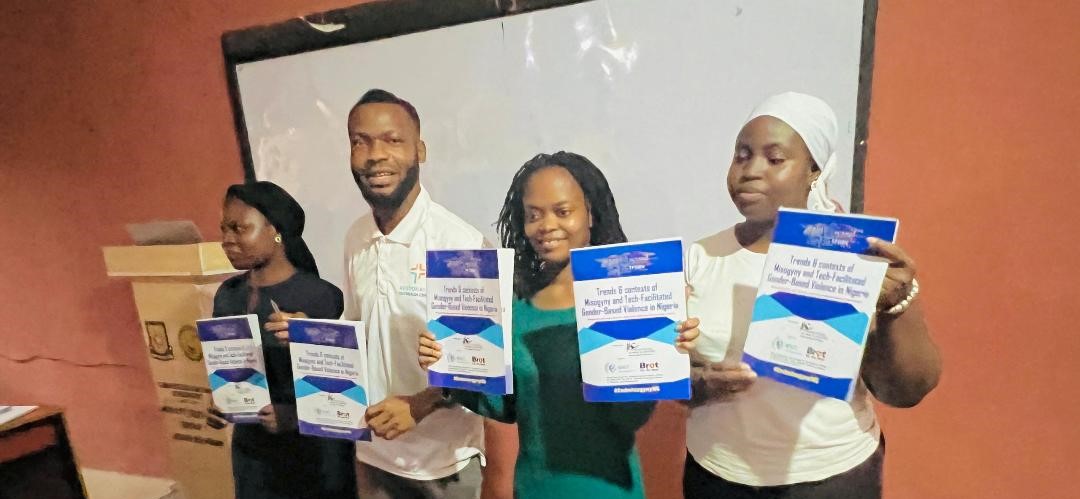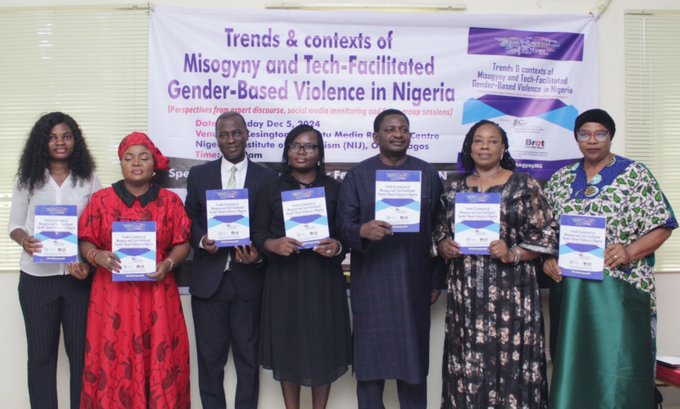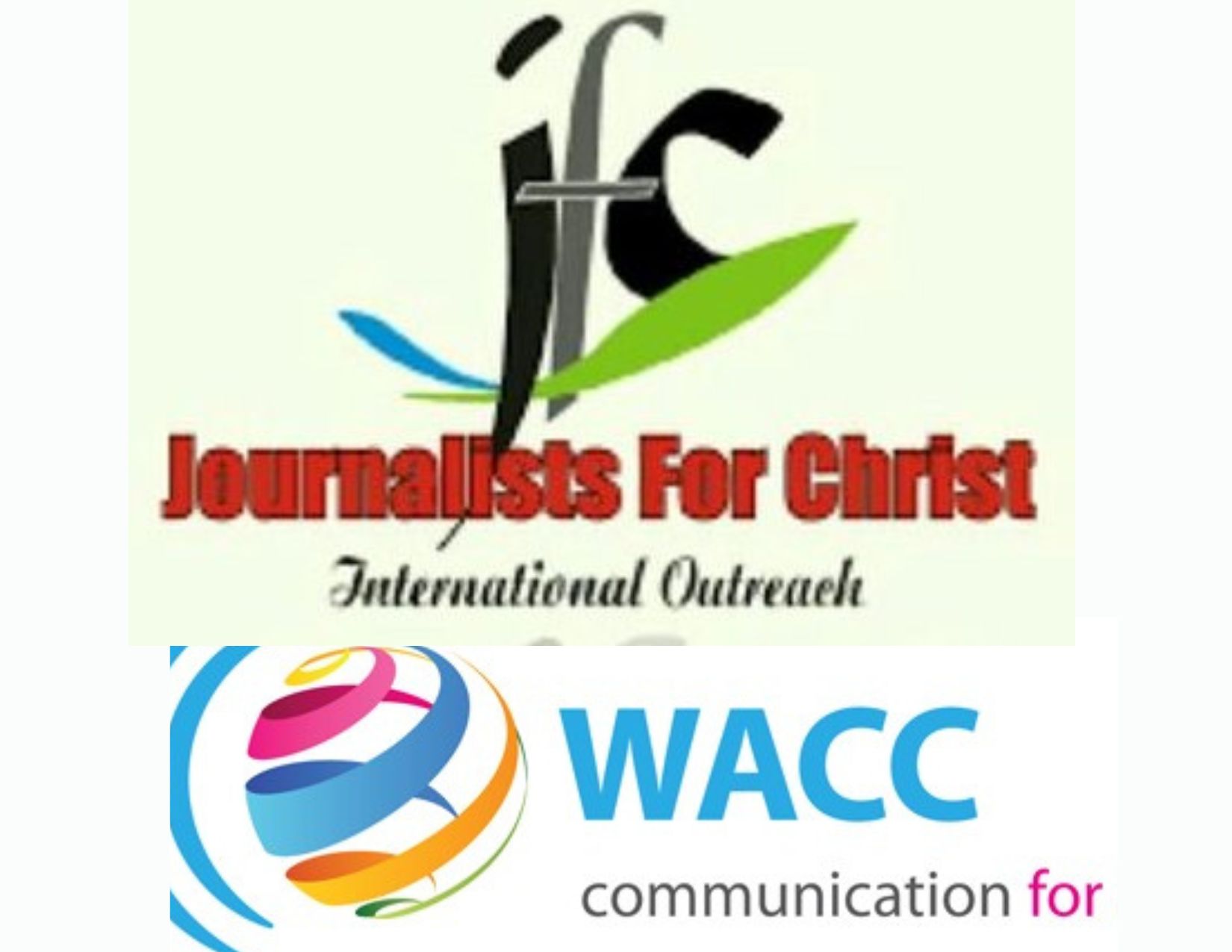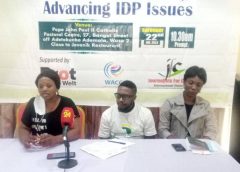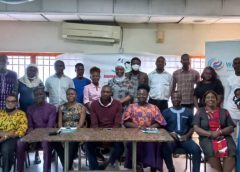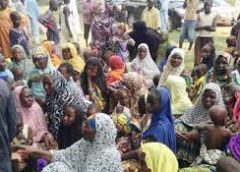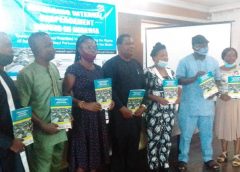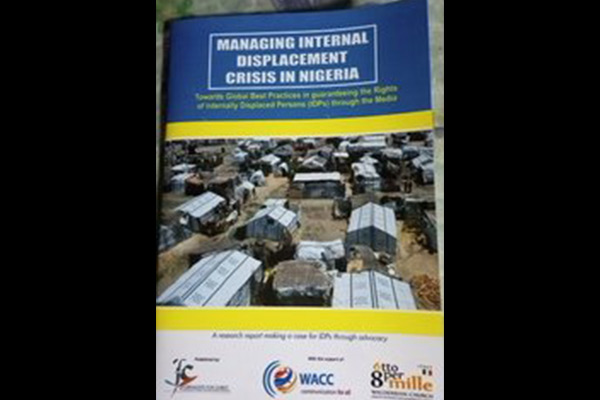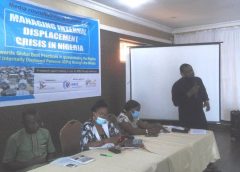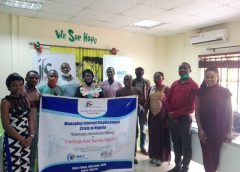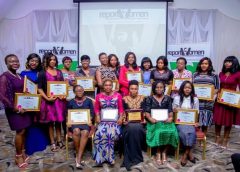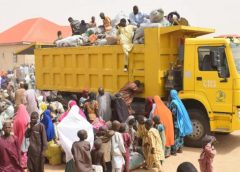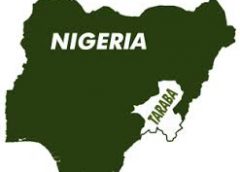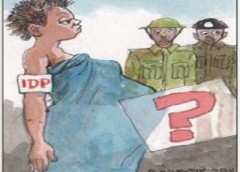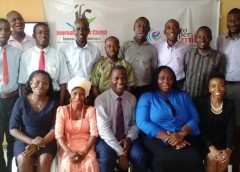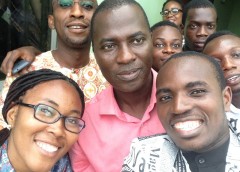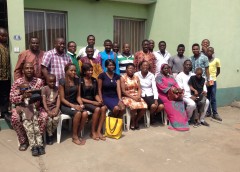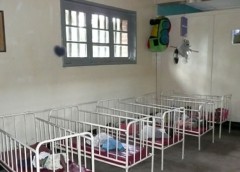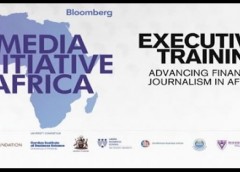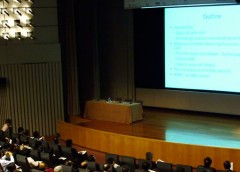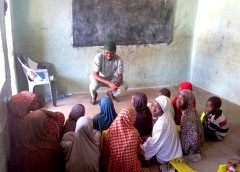
Nigerian journalist and campaigner, Philip Obaji Jr. in this article published in www.newsdeeply.com/refugees describes what working with children displaced by Boko Haram has taught him both about the power of storytelling and the importance of education – and access to clean water – to protect children at risk of trafficking.
MAIDUGURI, NIGERIA – After the Boko Haram insurgency began in northeast Nigeria in 2009, thousands of people started fleeing the region to other parts of the country, including to my home city of Calabar in southern Nigeria.
Many of these survivors were children who had lost their parents during the war. Rather than continuing their education, they were transported to Calabar by modern-day slave owners who found work for them as housekeepers and gatemen, and received pay on their behalf.
I had never been to the northeast of my country, but I was so touched by their stories – including of rape, torture and intimidation by Boko Haram militants – I decided to move there to become a human rights educator and children’s rights advocate.
I relocated to Maiduguri, the capital of Nigeria’s northeastern Borno state, and moved around the internally displaced persons’ (IDP) camps in the region supporting displaced children so they could enrol in primary school.
One day in 2013, a 13-year-old named Falmata came up to me in an IDPcamp in Maiduguri and asked: “Can you tell the whole world that I lost my parents, my siblings and my home, ad can’t return to school?”
At that time, I saw Falmata’s situation primarily as a concern for the Nigerian government and human rights organizations. I was constantly writing about the situation in letters and proposals to funders and policymakers, but journalism was far from my mind.
One evening that August, I came back to check on Falmata and discovered that she had sneaked out of the camp the previous day. She had left a note behind saying that she was “going to Niger” with a woman she met a day before who “promised me a job in a farm.”
I was devastated with sadness and guilt. I thought maybe Falmata could have been saved if I had just documented and shared her story, at least on social media.
Eventually, I did write about Falmata and shared her story on Facebook. It was the beginning of my foray into journalism. In 2015, I started writing other stories about children in communities targeted by Boko Haram, and soon newspaper editors both in Nigeria and abroad began to seek articles from me.
I found that I was able to solve more problems by being both a human rights educator and a journalist. I was not only able to provide children with knowledge about human rights, but also educate the world about the rights violations happening to these children.
Continue reading on newsdeeply.com
